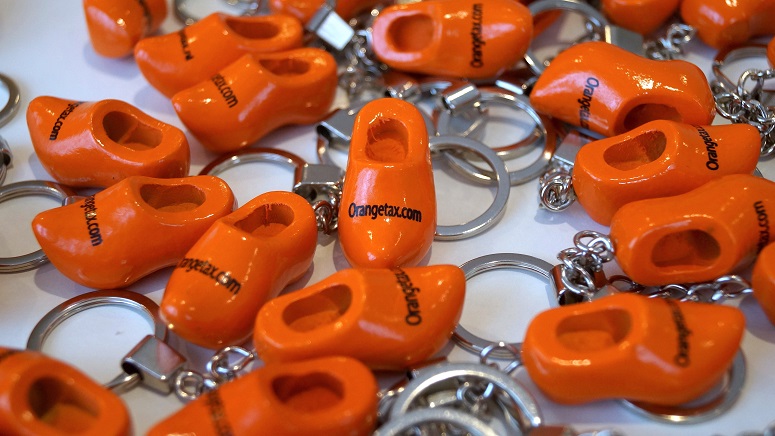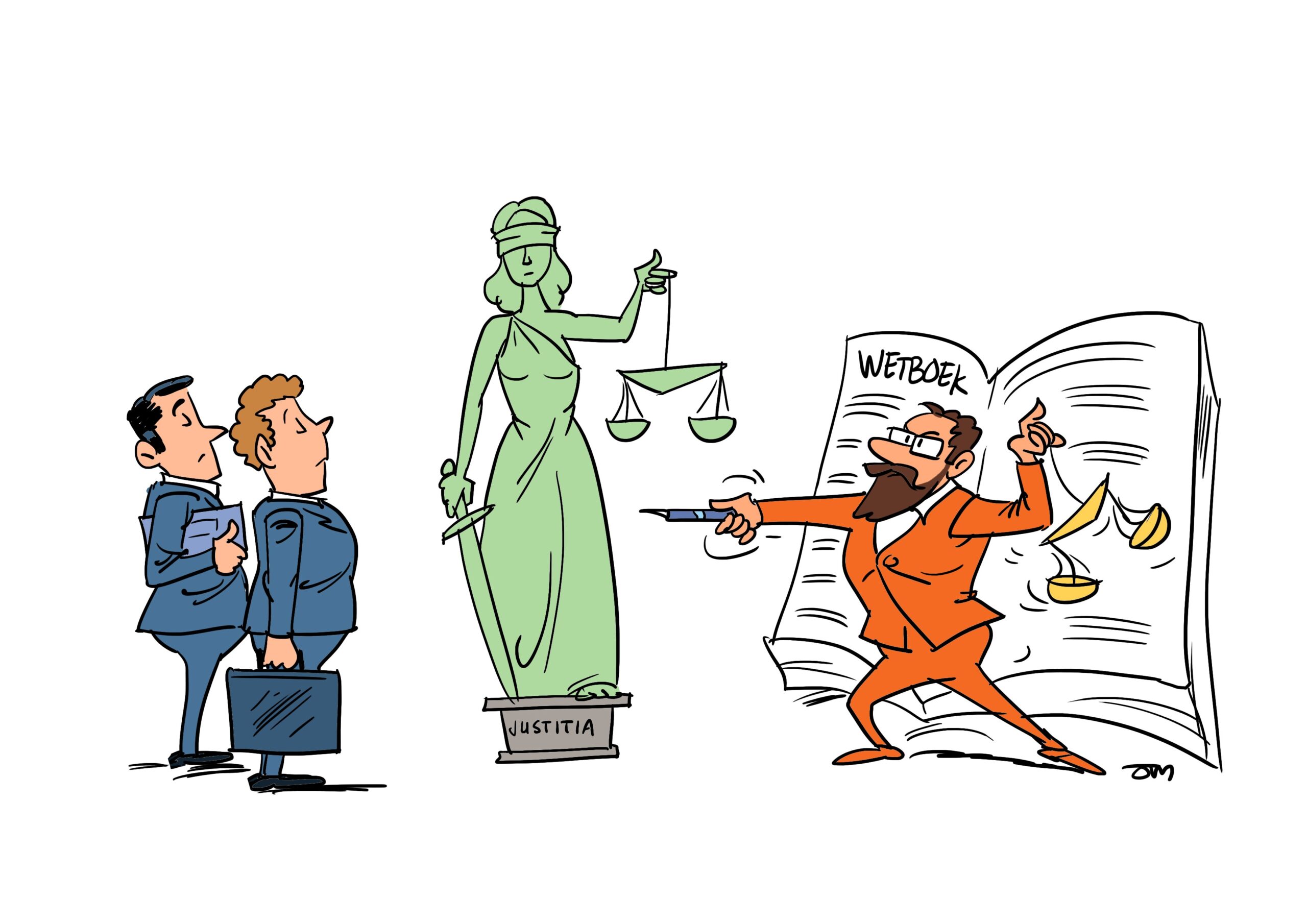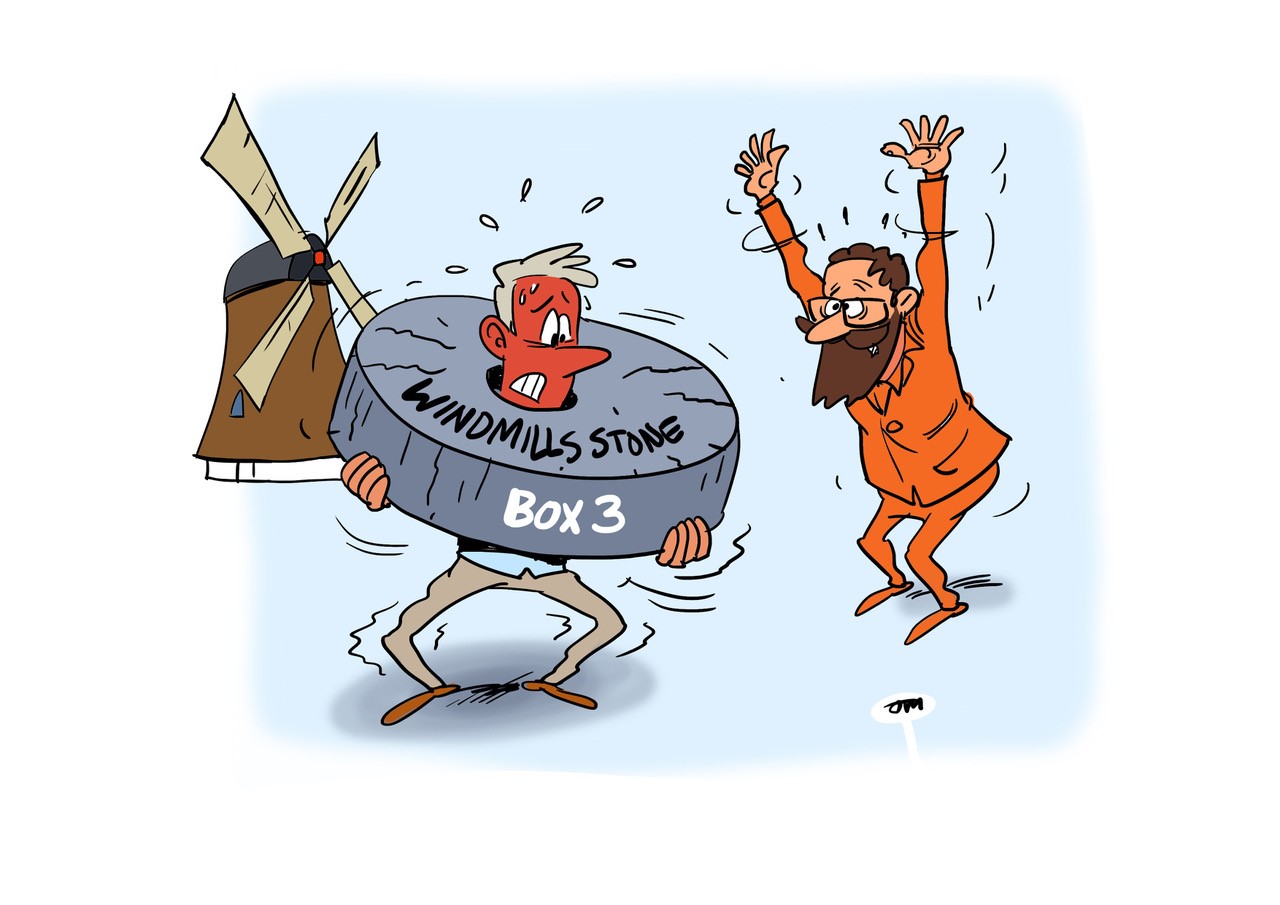Some entrepreneurs prefer to keep enough money in the company bank account for the business, the tax office has the opinion that the Box 3 wealth tax is being evaded.
This article applies to so called one man companies only, as putting in money in a BV company or other limited liability company, will show on the debt side an increased debt to the person putting in the additional funds. In the one man company this is different.
Year end balance – window dressing
Window dressing is the technical term for dressing up the books. Why would you put in private cash in the company? Simple reason, the banks look at your balance as per December 31 to see if your equity in the company is sufficient in case of a loan or mortgage application. If you put in cash, the equity goes up.
In my opinion a silly check by the banks. A one man company is transparent, so the equity in the business bank account is not in a separate legal entity, but part of the equity of the person behind the company. You can show nice profits, but if the equity has dropped, the bank looks at that as an issue. We think that is strange.

Year end balance – box 3 wealth tax
The tax office has an opposite opinion. They basically see deposits made in the business bank account from the private bank account near the end of the year as a method to avoid paying Box 3 wealth tax. We understand their point of view, but if you as entrepreneur would like to get any type of loan for business or mortgage for a new house, you need to do window dressing for the bank.
There is no exact number what is considered too much by the tax office, but if you exceed EUR 50.000 balance in the business bank account, the tax office is triggered. That showed the next court case.
Year end balance – lawyer court case
A law firm had in their company business bank account in the year 2009 EUR 438.788. That is more than EUR 50.000, hence the Dutch tax office made a claim for not only Box 3, but a corporate deduction for pension based on the amount of assets. A bit complex to fully explain, but high assets can also create a higher pension deduction on paper.
The lawyer argued that he need the amount of liquidity for periods of less prosperity, which was not strange in the year 2009. The court partly agreed and fixed the required amount of assets at EUR 175.000. More or less in the middle of the tax office and the law firm.
Both the tax office and the law firm appealed this courts decision. The higher court accepted the fact that the law firm needed more than EUR 50.000 on the bank account within reason. Reasonable was keeping cash for running costs of the company, expected investments to be done by the company, but also keeping a balance for future risks for a fundament of the company in uncertain times. Moreover this court decided that the tax office had not proven that the EUR 50.000 was sufficient for this law firm.
Moreover, the court decided that because this law firm was a small firm, only two lawyers, hence the EUR 388.000 taken all into consideration, was not too much and acceptable.
Orange Tax Services
We have the opinion that you need to think ahead. Think ahead implies that in three years time you do want to purchase a house and the bank wants your balances over the past three years. Only showing high equity, hence high bank balance in the last year, is not good. The bank will understand that this was only done for the purpose of getting the loan. Having a good balance every year is better.




